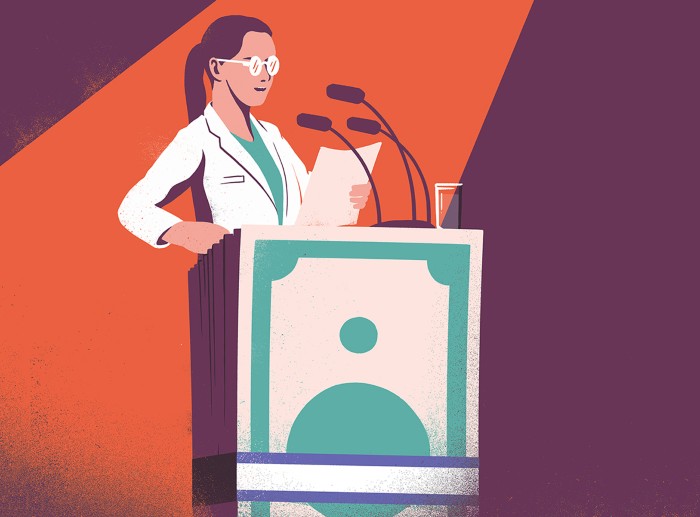Caviola, L., Schubert, S., & Mogensen, A.
(2020, October 23).
Abstract
Across eight experiments (N = 2,310), we studied whether people would prioritize rescuing individuals who may be thought to contribute more to society. We found that participants were generally dismissive of general rules that prioritize more socially beneficial individuals, such as doctors instead of unemployed people. By contrast, participants were more supportive of one-off decisions to save the life of a more socially beneficial individual, even when such cases were the same as those covered by the rule. This generality effect occurred robustly even when controlling for various factors. It occurred when the decision-maker was the same in both cases, when the pairs of people differing in the extent of their indirect social utility was varied, when the scenarios were varied, when the participant samples came from different countries, and when the general rule only covered cases that are exactly the same as the situation described in the one-off condition. The effect occurred even when the general rule was introduced via a concrete precedent case. Participants’ tendency to be more supportive of the one-off proposal than the general rule was significantly reduced when they evaluated the two proposals jointly as opposed to separately. Finally, the effect also occurred in sacrificial moral dilemmas, suggesting it is a more general phenomenon in certain moral contexts. We discuss possible explanations of the effect, including concerns about negative consequences of the rule and a deontological aversion against making difficult trade-off decisions unless they are absolutely necessary.
General Discussion
Across our studies we found evidence for a generality effect: participants were more supportive of a proposal to prioritize people who are more beneficial to society than others if this applies to a concrete one-off situation than if it describes a general rule. The effect showed robustly even when controlling for various factors. It occurred even when the decision-maker was the same in both cases (Study 2), when the pairs of people differing in the extent of their indirect social utility was varied (Study 3), when the scenarios were varied (Study 3, Study 6), when the participant samples came from different countries (Study 3), and when the rule only entails cases that are exactly the same as the one-off case (Study 6). The effect also occurred when the general rule was introduced via a concrete precedent case (Study 4 and 6). The tendency to be more supportive of the one-off proposal than the general rule was significantly reduced when participants evaluated the two proposals jointly as opposed to separately (Study 7). Finally, we found that the effect also occurs in sacrificial moral dilemmas (Study 8), suggesting that it is a more general phenomenon in moral contexts.















